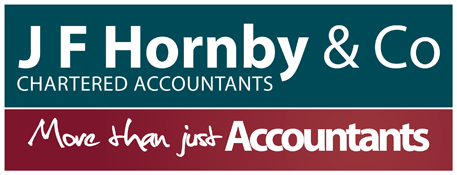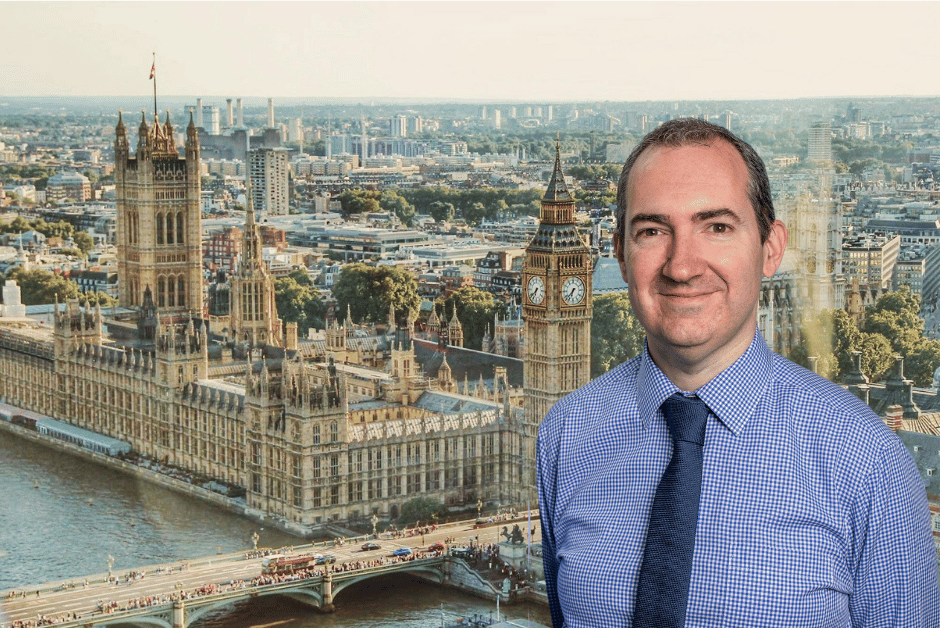THE managing director of leading accountancy firm, JF Hornby & Co has outlined the key changes he would like to see in Wednesday’s Spring Budget.
Paul Hornby is calling on the Chancellor of the Exchequer, Jeremy Hunt, to target five key areas as he sets out his fiscal plans for the year ahead.
Wednesday’s budget is seen as pivotal to the Conservative Party’s chances of minimising a projected decimation at a General Election later this year.
Paul, who has worked for his family business since qualifying as an accountant almost 25 years ago, is hoping for a fundamental shift in a number of policies. He said: “We need radical changes to our taxation system to ensure it is fair and fit for purpose in 2024.
“Many of the areas I would like to see reviewed have not been given the attention they need for years. The future looks pretty bleak for the government, but they can make an impact with positive change at this week’s Budget.”
Paul’s call for change is focused on the following areas:
Scrapping the Higher Rate Child Benefit Charge
“This has to be one of the most unfair, poorly thought-out policies in quite some time,” said Paul. “You can have a situation where a couple with children have £50,001 in total income, with all monies earned by one individual (i.e., the other is a stay-at-home parent), and they are hit with a Higher Income Child Benefit Charge because there’s a single earner over the £50k threshold. Meanwhile, you can have a couple who earn £45k each – and therefore a household income of £90k – who are unscathed because neither is over the individual limit. It’s bonkers and needs to be reviewed.”
Removal of the Loss of Personal Allowance Over £100k
“When your income reaches or exceeds £100,000, the £12,570 tax-free personal allowance begins to decrease. This allowance is the portion of your yearly income that is exempt from Income Tax. For each £2 earned over £100,000, the allowance is reduced by £1. Effectively, this means if your income is between £100,000 and £125,140, for every £100 you earn, £60 is deducted (£40 for Income Tax and £20 due to the reduction of the personal allowance), leaving you with £40. I don’t disagree that higher earners should pay more tax, but this feels disproportionately unfair.”
Raise the IHT Band – or Reduce the Rate
“The Inheritance Tax system has not changed for years. As the price of things, for example, houses, have increased, and personal wealth has ballooned, far more ‘normal’ people are finding themselves hit with significant inheritance tax bills when their loved ones die. I’m calling for an immediate increase in the amount at which Inheritance Tax kicks in or a reduction in the, frankly, eye-watering 40% rate that it is levied at. We have a generation of hard-working Baby Boomers who have earned, saved, invested, and been frugal with their money – and the government is in for a huge payday. Let’s have a modern Inheritance Tax regime for our modern society,” said Paul.
Reduce Corporation Tax
“Where are the rewards for the risk-takers, go-getters, and dreamers who set up businesses, create jobs, and pour millions into the UK economy? The Corporation Tax rate is the highest it has been in many years and is having a profound effect on SMEs and their ability to make a decent living, invest in development and expansion, and ultimately, enjoy the fruits of their labour. The increase from 19% to 25% was in fact an increase of a third – and that has to be one of the single biggest tax hikes in quite some time. It’s real ‘stand and deliver’ territory.”
Raise the VAT Threshold
“The last time this was revisited was 2017, and a lot of water has passed under the bridge since then. It doesn’t take much for a company to trade at a turnover of more than £85,000, which immediately drags them into the world of VAT returns. So, we have a system that discourages businesses from growing, places administrative burdens on them if they do decide to break the threshold, sets them at a disadvantage to many other countries with more favourable systems, and is out of line with UK inflation. Desperate action is needed.”
The Spring Budget is due to take place on March 6 and is expected to be the last fiscal event before the general election, which is expected to take place in the autumn.



